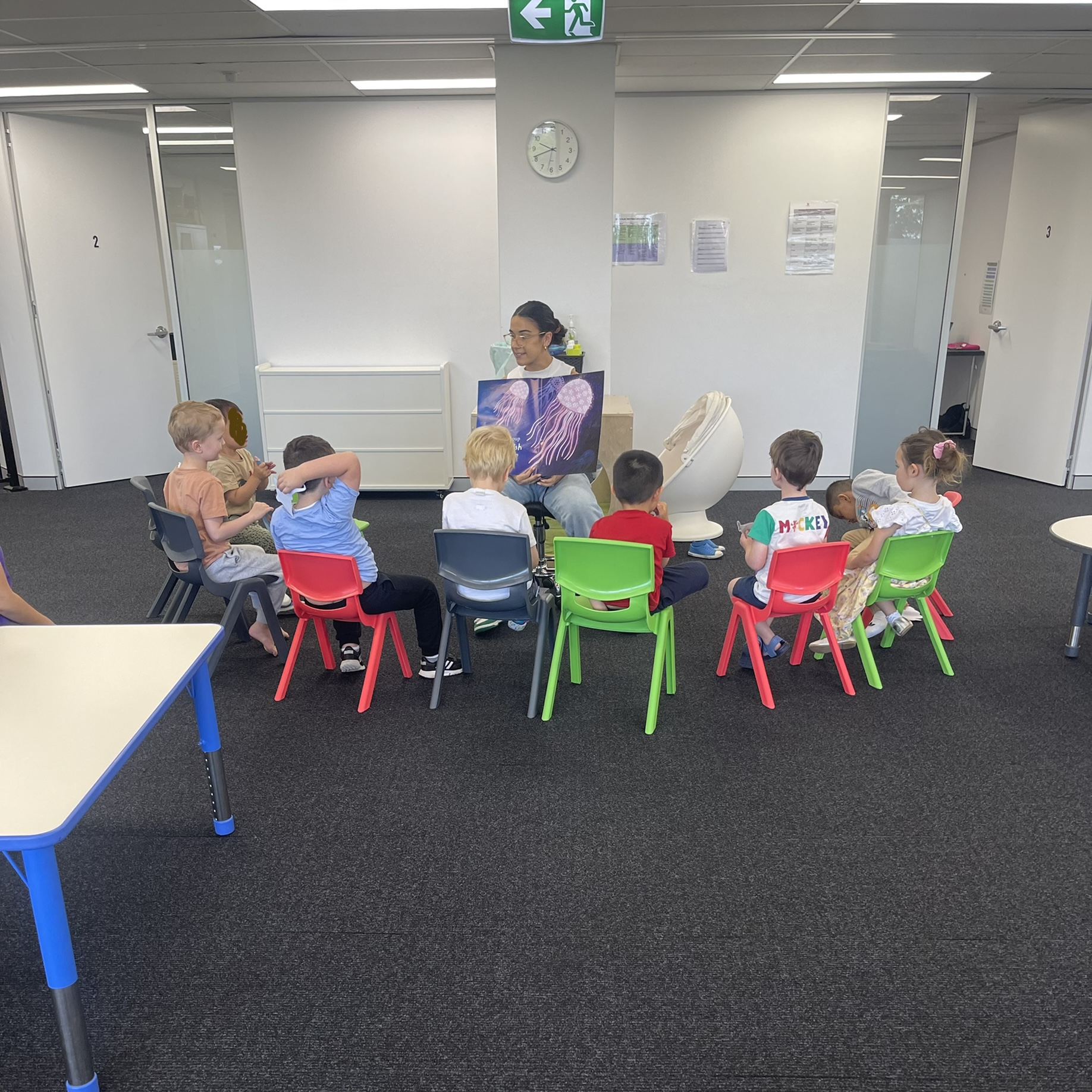
School readiness refers to a child’s preparedness to start school, both academically and socially. It means that a child has the skills, knowledge, and behaviours needed to succeed in a classroom environment. Understanding and supporting school readiness is crucial for helping children make a smooth transition into school life.
Key Areas of School Readiness
- Physical Health and Motor Skills: A child’s physical health and motor skills are fundamental for school readiness. This includes being able to run, jump, and play, as well as fine motor skills like holding a pencil, cutting with scissors, and managing personal care tasks such as dressing and using the bathroom independently.
- Emotional and Social Development: Emotional and social readiness involves a child’s ability to manage their emotions, interact positively with peers and adults, and follow instructions. This includes sharing, taking turns, cooperating with others, and handling separation from parents without distress.
- Cognitive Skills: Cognitive readiness includes basic knowledge and thinking skills. This covers understanding shapes, colours, numbers, and letters, as well as having the ability to solve simple problems, pay attention, and follow multi-step directions.
- Language and Communication: Being able to understand and use language effectively is key for school readiness. This involves listening to others, expressing thoughts and needs clearly, and understanding basic concepts like time and space. It also includes recognising their own name in print and perhaps knowing some basic sight words.
- Approaches to Learning: This area focuses on a child’s attitude towards learning. Children who are curious, eager to explore, and persistent when faced with challenges are considered ready for school. These traits help them adapt to the structured environment of a classroom.
Why School Readiness Matters
School readiness is important because it sets the foundation for a child’s educational journey. Children who are well-prepared for school are more likely to enjoy learning, participate actively in class, and develop positive relationships with teachers and classmates. This early success can lead to a lifelong love of learning and academic achievement.
How Parents and Caregivers Can Support School Readiness
Parents and caregivers play a crucial role in preparing children for school. Here are some ways to support school readiness:
- Promote Physical Activity: Encourage your child to engage in physical activities like running, jumping, climbing, and playing ball games. These activities help develop both gross and fine motor skills. Additionally, practice activities that involve hand-eye coordination, such as drawing, colouring, and using playdough. Core strength is an important skills for school readiness.
- Encourage Social Interactions: Arrange playdates and group activities where your child can interact with other children. Teach them to share, take turns, and play cooperatively. Role-playing different scenarios can also help children learn how to manage social situations and emotions.
- Foster Cognitive Development: Engage your child in activities that stimulate thinking and problem-solving. Puzzles, matching games, and building blocks are great for cognitive development. Reading books together and asking questions about the stories can enhance their understanding and critical thinking skills.
- Enhance Language Skills: Read to your child daily and encourage them to tell you stories. Sing songs, play word games, and introduce new vocabulary regularly. Encourage your child to express their thoughts and feelings, and listen attentively to what they have to say.
- Create a Learning-Friendly Environment: Provide a variety of educational toys and materials at home. Create a quiet, well-lit space for your child to explore books, play games, and engage in creative activities. Limit screen time and encourage more interactive and hands-on learning experiences.
- Establish Routines: Set up daily routines that mimic the structure of a school day. This includes regular times for waking up, meals, play, and bedtime. Consistent routines help children understand expectations and feel more secure.
- Teach Self-Care Skills: Encourage your child to practice self-care tasks such as dressing, feeding, and toileting independently. This boosts their confidence and prepares them for the independence required in a school setting.
- Reduce Screen Time: Set up a daily routine that allows some screen time but keep strict control over access to screens.
Recognising Individual Differences
It’s important to remember that every child develops at their own pace. Some children may be ready for school earlier than others, and that’s perfectly okay. School readiness is not about meeting a specific set of criteria by a certain age but about ensuring each child is prepared to thrive in a school environment when they do start.
Conclusion
School readiness is a comprehensive concept that includes physical, emotional, social, cognitive, and language development. By supporting children in these areas, parents and caregivers can help ensure a smooth and successful transition into school. With the right preparation and encouragement, children can start their educational journey with confidence and enthusiasm.
We’re here to support you
At OneOnOne Children’s Therapy, we believe that every child deserves the opportunity to grow and thrive.
Our clinics are not just a space for therapy – it’s a place where children can discover their strengths, overcome challenges, and reach their full potential.
By combining innovative therapy techniques with a stimulating and supportive environment, we’re proud to offer a holistic approach to paediatric therapy and early intervention that addresses the unique needs of each child we support.
Reach out for support
If you’re concerned about your child’s school readiness or want to learn more about how our school readiness program can help your child, OneOnOne Children’s Therapy is here to help. Our Speech Pathologists and Occupational Therapists run these programs.
Call our Bondi Junction and Mascot clinics on (02) 80657837 or email. You can book a free 30 minute phone call with us to discuss how we can support your child’s unique journey
